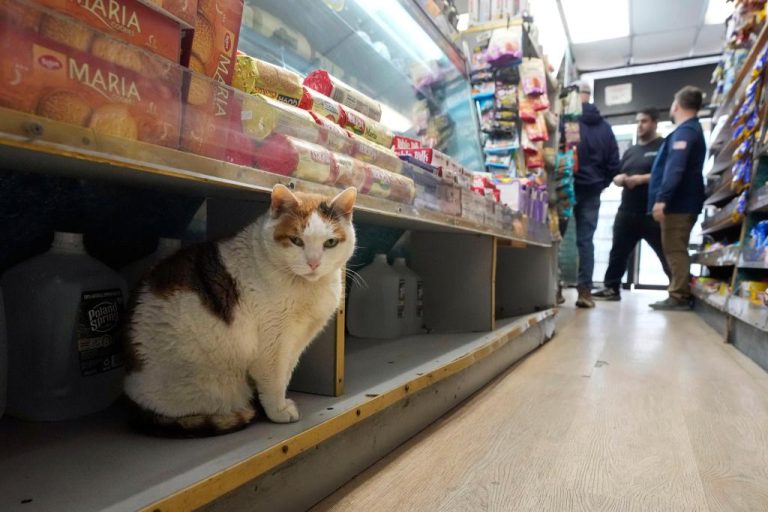
There was drama in the air. Would Noah and Hani be a match?
Noah waited months for this opportunity. Hani prepared for more than two years.
An autistic teenager, Noah always wore a superman cape wherever he went.
A mixed golden/Labrador service dog, Hani also donned a superman cape, hoping to put Noah at ease.
Their common attire worked. The two began a fateful relationship that would change their lives.
A few months later, Donna and Don Fipps, who raised Hani, received a video from Noah’s mom showing the boy singing “Happy Birthday” to Hani.
The life-changing value of this relationship is best expressed by Lorilei Lebruska, a severely disabled military veteran who received a service dog named Orbit. “I went from not wanting to get out of bed to being excited about every day since I get to take Orbit on a new adventure,” she said.
“He’s given me my life back.”
The Fipps, who live in Sorrento Valley, have been raising service dogs continuously for 12 years, one puppy at a time. They have, as volunteer puppy raisers, fostered eight puppies for Oceanside’s Canine Companions. Each of the puppies was received at eight weeks and remained with the Fipps through basic training graduation at between ages 18 and 24 months.
“As part of their training, they pretty much go wherever we go — meetings, doctors, nails, hair,” Donna said.
Don, who serves as Rotary’s San Diego/Imperial County’s district governor — the leader of 61 clubs and 3,000 Rotarians — is well-known for bringing puppies to meetings, including those out of state.
He even took one of their puppies, Daisy, with him to court (with the judge’s approval) while he served as juror on a two-week trial.
As puppy raisers, the Fipps teach 30 basic commands, such as “here,” “out,” “back,” “lap” and “up,” where the puppy learns to move in certain ways.
Upon passing basic training, those initial commands are used as foundations for advanced training by professional trainers who will teach many more commands. The advanced commands will eventually help a disabled client walk, navigate crowds, cope with trauma and perform ordinary tasks, such as retrieving objects and opening doors.
“For example, we teach them to put their paws on the wall. In advance training they are taught to operate a light switch,” Don explained.
Canine Companions provides written material, and there are classes every other week to monitor the puppy’s progress and provide puppy raisers with guidance.
“It is not necessary to have special expertise,” Donna said. “A novice who loves dogs and has patience can do it.”
However, not all puppies become service dogs. Upon graduation from puppy raisers basic training, every dog is tested medically and for temperament. Only about 40 percent pass. Of those dogs, some proceed to advance training and become service dogs, and others become breeders. Those that do not pass are adopted as pets.
Four of seven Fipps’ puppies passed beyond basic training. Their current puppy, Rosebud, is toward the end of basic training.
“You have no idea when raising the puppy whether they will pass or not,” Donna said. “Daisy, for example, was great but suddenly lost interest.
“Daphne was my favorite and she passed. But, at first, she was not selected for match with a client, and I cried for her. She was later selected.”
“You’ve raised them, trained them and want them to do well,” Don said. “It’s like we’re raising children and sending them off to college and new families.”
The Fipps learned of Canine Companions in 2011 while attending a Rotary dinner. A woman came over with two dogs and sat next to Donna. After asking about the dogs and Canine Companions, Donna was sold.
Together, during the ensuing 12 years, the Fipps have enjoyed raising what they call their puppy “miracles,” while experiencing the satisfaction of helping others in a life-changing way.
Founded in 1975, Canine Companions, a nonprofit, places nationally more than 325 service dogs per year at no cost to clients. They are placed with adults, children and veterans with disabilities and professionals working in health care, criminal justice and educational settings. For more information call (760) 901-4300.
About this series
Goldsmith is a Union Tribune contributing columnist.
We welcome reader suggestions of people who have done something extraordinary or otherwise educational, inspiring or interesting and who have not received much previous media. Please send suggestions to Jan Goldsmith at jgsandiego@yahoo.com





